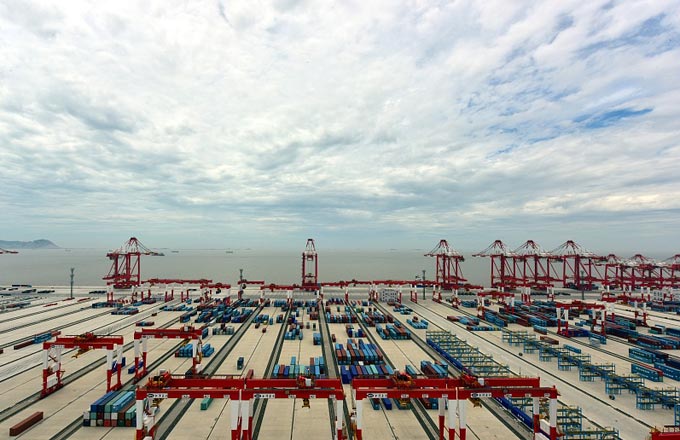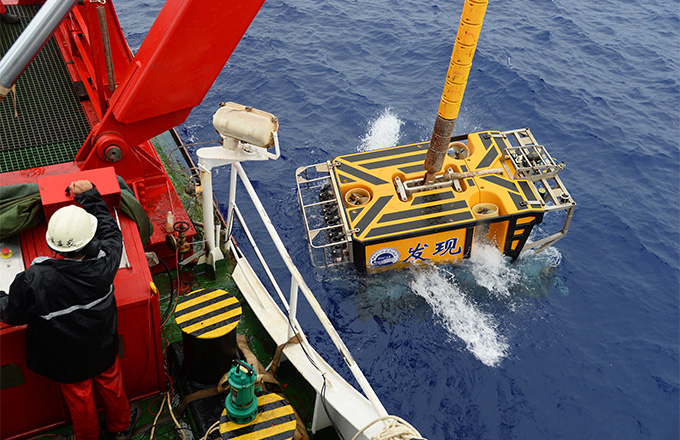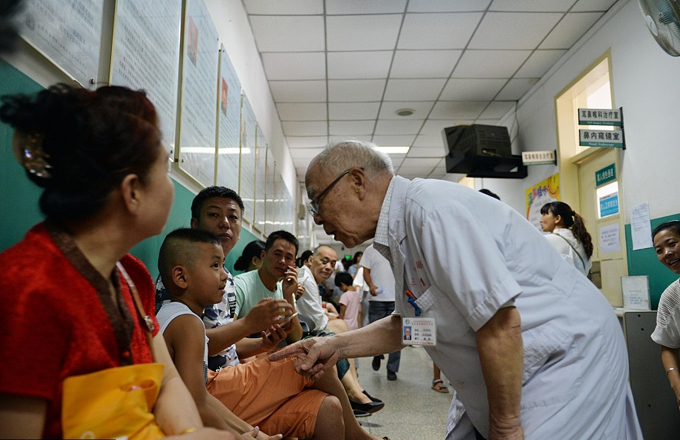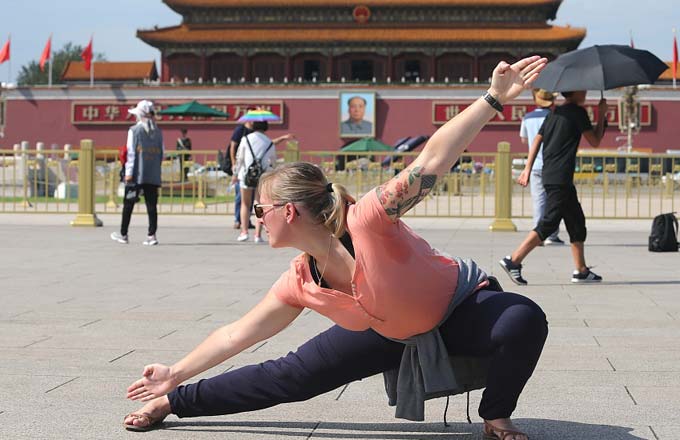China mulls law to ensure elevator safety
BEIJING - China's legislature on Wednesday reviewed a draft law on the safety of special equipment including elevators, boilers, cranes and large recreation facilities.
The draft was tabled for a third reading at the ongoing four-day bimonthly session of the Standing Committee of the National People's Congress (NPC), China's top legislature.
The draft clarifies requirements on the installation, remolding, repair as well as the maintenance and use of elevators. It came amid public concerns that have arisen following many elevator-related accidents, some of which have been fatal.
Those in charge of maintaining elevators should be qualified and strictly observe technical standards to ensure safety, according to the draft.
China has the world's largest number of elevators, with the figure roaring from 350,000 in 2002 to 2.45 million at the end of 2012. The rate of accidents in every 10,000 elevators dropped from 1.56 to 0.15 in the past 10 years.
Legislators believe the creation of the law is very timely, as aging equipment and poor maintenance in some apartment buildings have posed potential threats to safety. At least five people have died from elevator-related accidents in the past two months.
In addition to elevators, pressure vessels, pressure pipelines, lifting appliances, passenger ropeways and large recreation facilities with the potential to threaten the safety of human lives and property are also listed as special equipment.
The 101-article draft provides that safety standards enacted by the special equipment watchdog must be observed throughout the equipment production, operation, usage and testing processes.
The draft law obliges producers, sellers and users of special equipment to obtain state-issued licenses and certifications. It also clarifies the compulsory implementation of technological safety standards, which are also applicable to imported special equipment.
The draft proposes a recall mechanism for defective equipment and requires that worn-out equipment or potentially dangerous equipment be discarded.
Those violating the law could be fined up to 2 million yuan (about $325,400) in serious cases, while some legislators called for more fines to raise the cost of breaking the law.
Staff at state organs who are held responsible for accidents could face a fine equivalent to as much as 60 percent of their annual income, according to the draft law.
The watchdog should keep files on all registered special equipment. Any organization or person can report violations involving such equipment to the watchdog.
The draft requires daily trial operations and routine inspections of passenger ropeways and large recreation facilities before they are put into daily use.
The public is also urged to enhance safety awareness and observe requirements while using special equipment.
The first two readings of the draft were conducted in August 2012 and April this year.





















